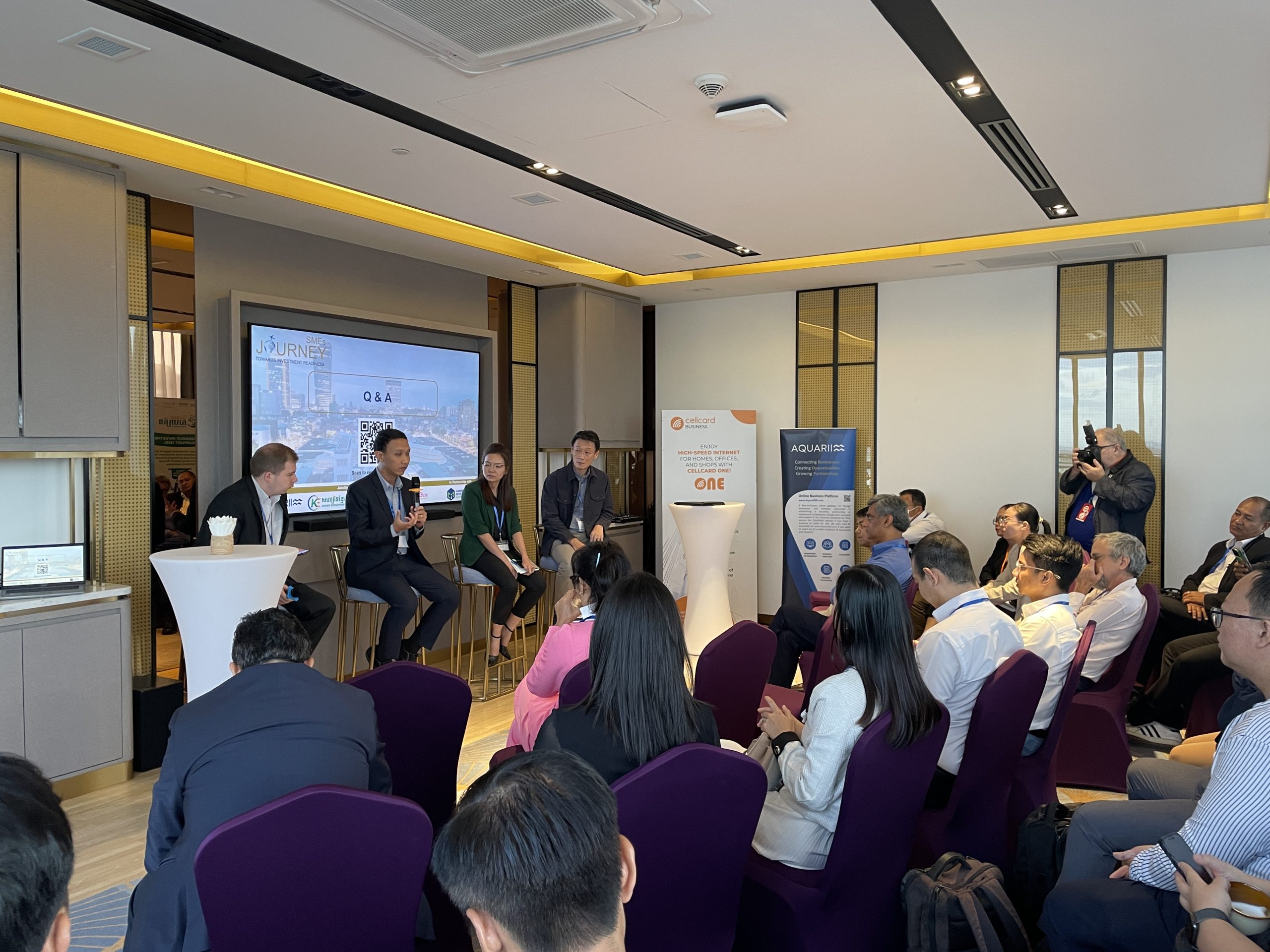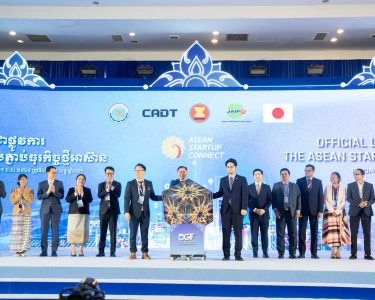Cambodia Investment Review
Aquarii BD Cambodia has hosted a collaborative workshop titled “SME Journey Towards Investment Readiness,” which explored the challenges faced by Small and Medium Enterprises (SMEs) and offered actionable insights for their growth journey.
The knowledge-sharing workshop, jointly organized by Aquarii BD, Khmer Enterprise, Swisscontact and Cellcard, opened with a presentation from Sokhuy Lay, Deputy Team Leader of Enhancing Entrepreneurial Ecosystem and Investment (3Ei) at Swisscontact Cambodia, on how SMEs can address the issues they face on their journey towards investment readiness.
Read more: Spotlight on ADB Frontier’s Investment Fund for Cambodia’s Fast-Growing ‘Gazelle’ SMEs
“Entrepreneurs encounter big obstacles, as they are the first movers in the market and are often those who take the biggest risks. But to access capital, entrepreneurs must still strive to understand where they are in terms of their idea or company’s development, at whatever stage,” said Sokhuy Lay.
“Entrepreneurs must also assess the stage of their development in order to know what the right option is for them, given the diverse capital options available.”
“There are various capital providers, including private equity, family and friends, grant providers, and angel investors. We can categorize these into four types based on core expectations, namely financial return, social impact, traditional investment, and philanthropy.”
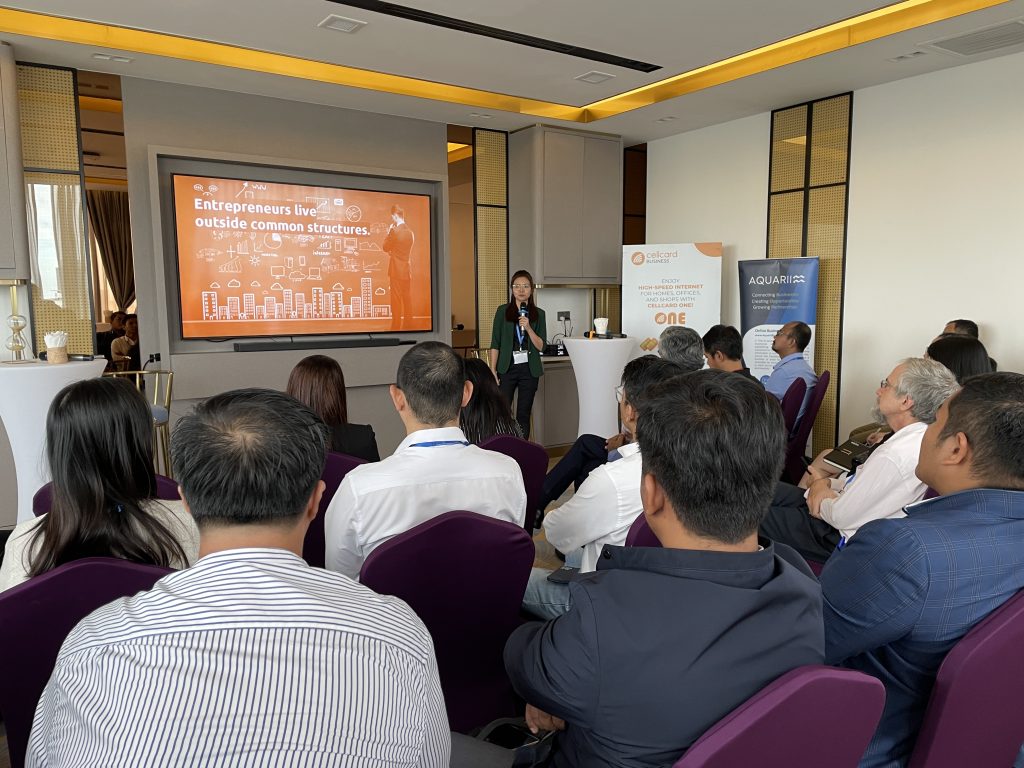
She said that there are multiple types of capital, such as debt, equity, and convertible notes, each with its pros and cons, and that the choice depends on the company’s characteristics, stage, and growth plans.
“The four core points investors consider when evaluating SMEs investment readiness are team’s competency, the functionality of the product, market size, and traction, with the latter pertaining to profit, growth, and momentum.”
“However, impact investors also add a fifth point – Environmental, Social, and Governance (ESG) outcomes.”
In her final remarks, she doubled down on the fact that evaluating investment readiness at each stage of a startup’s journey is key, from blueprint and validation to preparation and scaling.
“This includes identifying needs, creating a list of potential investors, evaluating alignment, and using time and energy wisely. Every SME needs to begin with a list of investors, understand their background, and find the right fit at the right time with the right partner were crucial tips for success.
Khmer Enterprise & Government Support for SMEs
A representative at Khmer Enterprise spoke on the government trust’s role in supporting SMEs through seed funding, business networking, entrepreneurial culture promotion, and capacity building.
“Khmer Enterprise’s investment readiness training is designed to cover core competencies for SME investment, covering fundraising strategies, financial reporting, market analysis, growth, and ESG considerations. The training includes mentoring, pitching sessions with investors, and networking opportunities.”
“The focus for us encompasses various needed support areas, such as human capital, financial management, and legal compliance, which will ensure SMEs and the wider entrepreneur and business ecosystem in Cambodia ready to access the right investment and ultimately, ready to scale.”
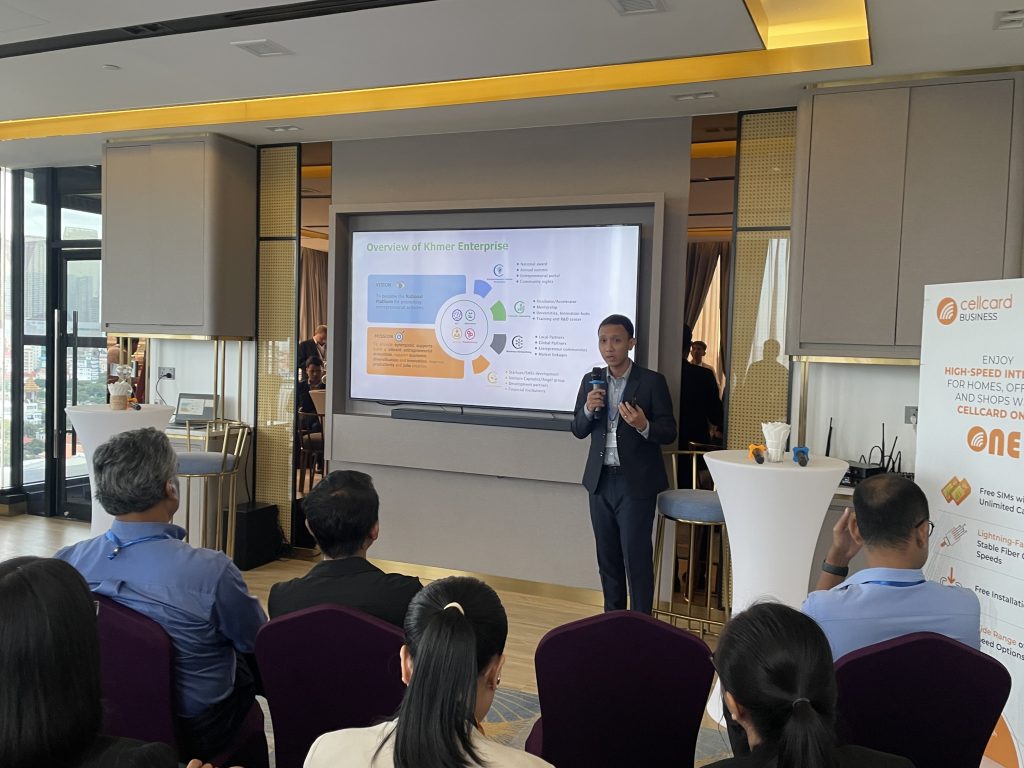
They concluded his segment by clarifying that although KE does not share a ready list of investors to interested SMEs, they help by curating different programs, assess the eligibility and suitability of SMEs before subsequently matching them with the right investors.
“We have a range of events also, and make sure these events have a theme so investors and SMEs that meet will have aligning interests and the process will have tangible outcomes.”
Gaps Encountered in Business Discussions and Negotiations
CEO of Aquarii, Michael Tan, shared observations on the expectations, concerns, and gaps encountered in business discussions and negotiations. He stressed that these occurrences, which are also described as challenges and pain points, are merely manifestations or symptoms of the usual business process, and that it is important to identify the root causes of perception, trust, and communication.
Read more: Cambodian SMEs Risk Losing Out To Regional Competitors That Are More ESG-Ready
“The perception of the investor is the reality that you have to deal with, and the inconvenient truth is that businesses in Cambodia tend to face bigger obstacles because international businesses and investors tend to have a negative perception of the Kingdom.”
“The negative perception feeds into the root causes, which are the level of trust, credibility and transparency that underpins every business process. If you are able to anticipate, mitigate or manage their concerns associated with these three attributes, you stand a higher chance of progressing to the next stage of the discussion or negotiation.
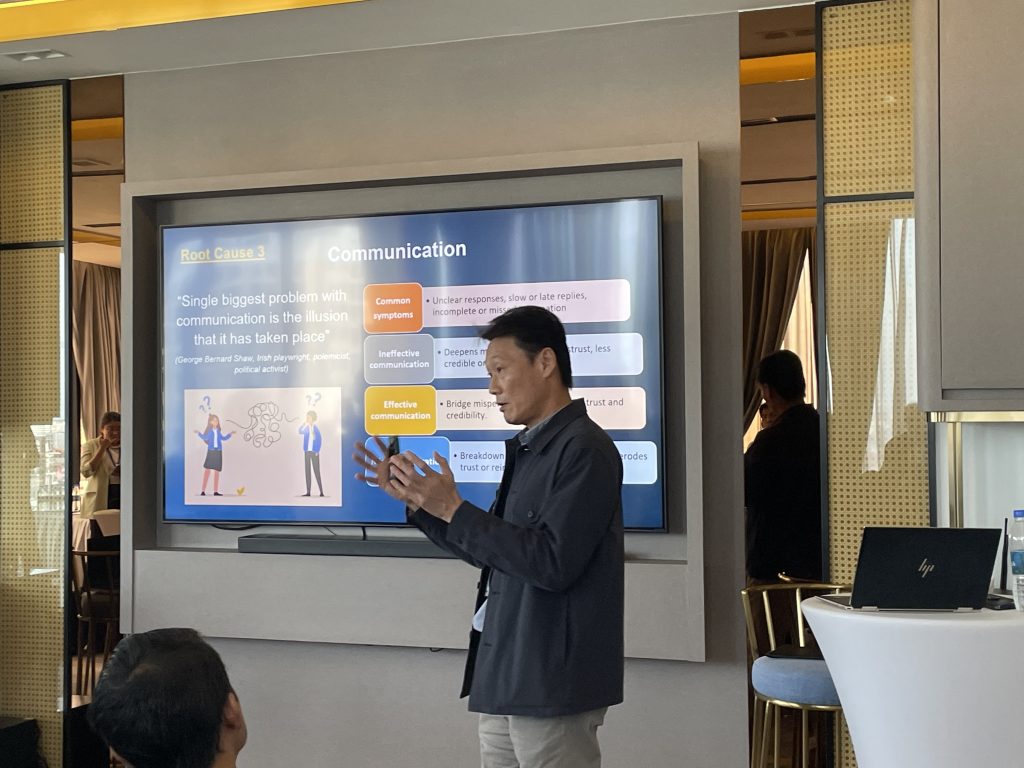
“But ultimately, ineffective communication can deepen misperception and distrust, causing one party to perceive the other as less credible or transparent. Effective communication can help bridge misperception and elevate the level of trust and credibility in the other. There were many business presentations and discussions where it was evident that the concerns, issues and priorities of the other party were not acknowledged or addressed, causing them to lose interest and confidence in the process,” he added.
Tan advised SMEs to develop a strategic narrative that not only addresses the misperception and outdated perspectives of Cambodia, but helps investors have a realistic appreciation of the potential and opportunities that the Kingdom has to offer. He stressed that information or data that are provided or gathered is useless to the investor unless it can be analyzed and interpreted in a practical manner to accomplish a desired effect.
High-Level Networking & Key Takeaways From The Panel
The closing panel discussion, moderated by Founder and Editor of Cambodia Investment Review – the official media partner of the event – Harrison White, saw panelists agree that fulfilling precursors before approaching meetings, better coordination between government agencies and SMEs, and the importance of finding the right fit with partners are key for SMEs that are desirous of investment or business expansion.
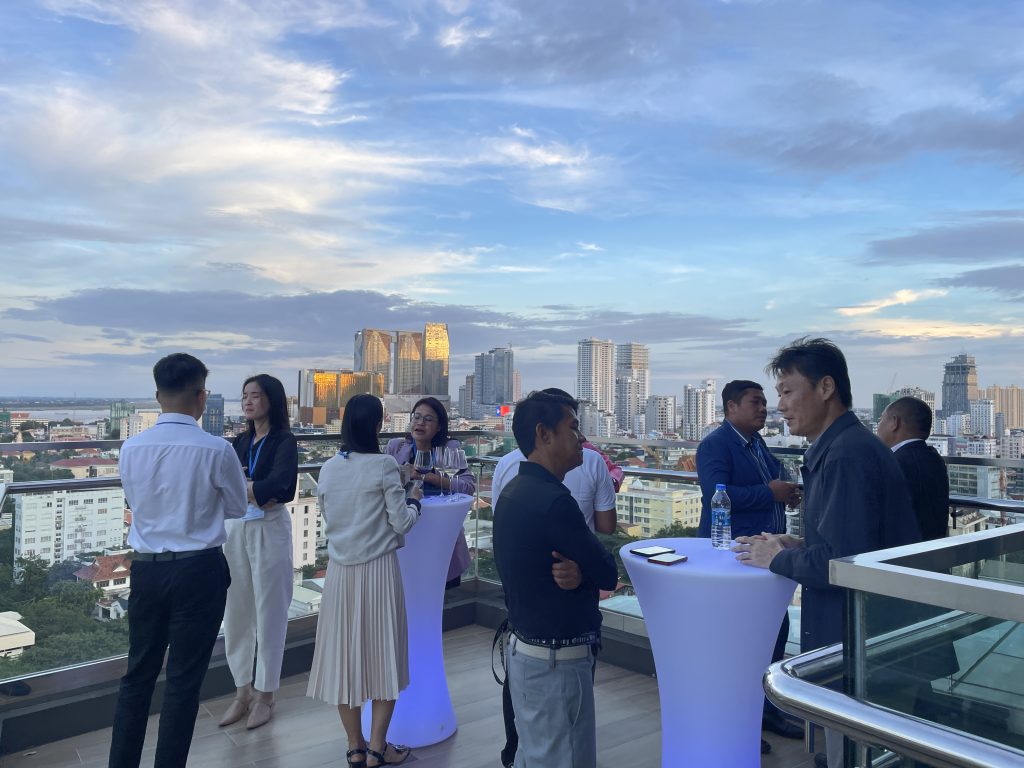
The panel also reiterated the need for SMEs to find the right partner, understand their business fundamentals and the expectations and concerns of investors well, and be realistic and transparent in their revenue and financing projections.
The panelists also called for improved coordination among stakeholder agencies, SMEs, and the entrepreneurial ecosystem in order to open up access to capital, underscoring the need for conduit agencies to be a catalyst for investors, especially foreign investors, to provide a bridge of trust between SMEs and investors.


